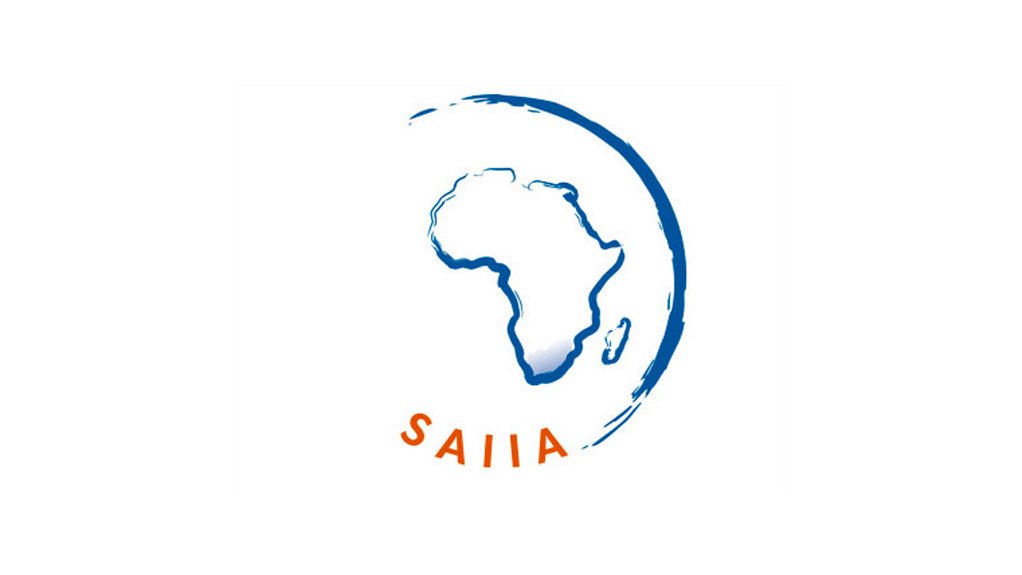On 29 January 2016, a group of Africa’s Heads of State and Government met in Addis Ababa to determine the fate of one of the AU’s most daring initiatives. At stake was the future relevance of the African Peer Review Mechanism (APRM).
Kenyan President Uhuru Kenyatta, current Chairperson of the APR Forum of Heads of State and Government, was hoping to use the meeting to rally other African leaders to adopt a raft of decisions that will determine whether or not the APRM has a viable future after 13 years reviewing governance in Africa. The meeting represented a critical moment for the AU and our leaders to demonstrate whether or not they remain truly committed to good governance.
It seems that those leaders in attendance met the moment, but still, the APRM has been here before.
The APRM, a system which encourages African states to submit to voluntary review of their governance processes by their peers and produces lengthy and comprehensive reports on these matters, was founded in 2003, but has been struggling to inspire confidence after a series of internal governance scandals in 2012 and poor attendance of APRM events by participating Heads of State and Government.
Financial contributions also steadily declined. Yet for many, the APRM’s future is tied inextricably to our leaders’ commitments to accountability and transparency, and even a moderately successful Extraordinary Meeting of the Forum would not have been able to fully revive dented confidence in the process.
In October 2015, philanthropist Mo Ibrahim sounded a warning regarding the stagnating state of governance in Africa. Citing data from the latest Ibrahim Index of African Governance (IIAG), the former oil tycoon claimed that for the first time since the IIAG report was compiled for all African countries in 2007, the indicators did not indicate any improvement towards Africa’s political, economic and developmental goals. For many Africans, Ibrahim was simply confirming what they knew – governance no longer features amongst African leaders top priorities amidst the fashionable ‘Africa rising’ narrative.
There are three main reasons: (1) external ‘push’ factors coming from developed economies driving more open and transparent societies globally after the Cold War have fallen away dramatically over the past few years; (2) Africa’s ‘golden generation’ of leaders in the early 2000’s have moved on after completing their Presidential term limits or through natural causes; and (3) a new ‘scramble for Africa’ by profit-seeking international investors has somewhat de-linked the notion of investment from good governance standards.
At this year’s World Economic Forum in Davos, Ethiopian Prime Minister Hailemariam Desalegn echoed Mo Ibrahim’s alert, stating that ‘we can’t hide the fact that there is a big problem in good governance in Africa’. Compare this to what former South African President Thabo Mbeki said in 2007 ‘…our Continent is hard at work doing everything possible to address this important and complex issue [governance]’.
‘So what?’ one might ask. Who cares whether African governance standards are improving or stagnating? After all, Africa states have faced many serious issues of late, right? The Ebola pandemic, intra-state conflicts, the rise of terrorist groups like Al Shabaab and Boko Haram, and migrant crises in various parts of the continent surely rank as higher priorities for our leaders to resolve.
This argument, however, ignores the fact that many of these crises were essentially preventable had the governments concerned heeded assessments such as the APRM reports. Even with the Ebola outbreak, there is compelling evidence to suggest that many of the most intractable obstacles to resolving the crisis had to do with the state of the health care systems, education, and even issues of infrastructure maintenance in rural areas. These were fundamentally governance constraints that magnified the tragedy.
Good governance is also essential as an enabler for the humanitarian work done by the many charities, civil society organisations and private companies in fighting poverty affecting millions of Africans daily. Where governments are transparent about the money allocated towards sanitation (as an example) or primary health care, it is possible for non-state actors to identify areas of need and mobilise assistance accordingly where budgets can’t meet the requirements of the people.
Governments that shun transparency and accountability not only enable patronage networks and corruption to flourish, but increase the challenges of humanitarian organisations exponentially in anticipating challenges and meeting the gaps which government is unable to fill.
The stagnation of the APRM specifically, and governance progress more generally, suggest that African leaders today no longer welcome the support of non-state actors in tackling these challenges. Yet amidst the gloom of a challenging future for accountable governance of Africa, it seems the APRM is not yet dead.
Thanks to Kenyatta’s leadership, the APRM Secretariat has (at last) appointed its second permanent CEO, South African Dr Eddy Maloka, and member state contributions are being collected in meaningful amounts after years of neglect. Although these are encouraging signs, the challenges for the APRM remain significant, and Kenyatta, Maloka and others will have much work to do in 2016 to restore the APRM’s battered international image. At least they have started well.
Written by Grant Masterson, programme manager of the APRM Support Unit at the Electoral Institute for Sustainable Democracy in Africa (EISA), and Steven Gruzd, programme head for APRM and Governance at the South African Institute of International Affairs
EMAIL THIS ARTICLE SAVE THIS ARTICLE FEEDBACK
To subscribe email subscriptions@creamermedia.co.za or click here
To advertise email advertising@creamermedia.co.za or click here











